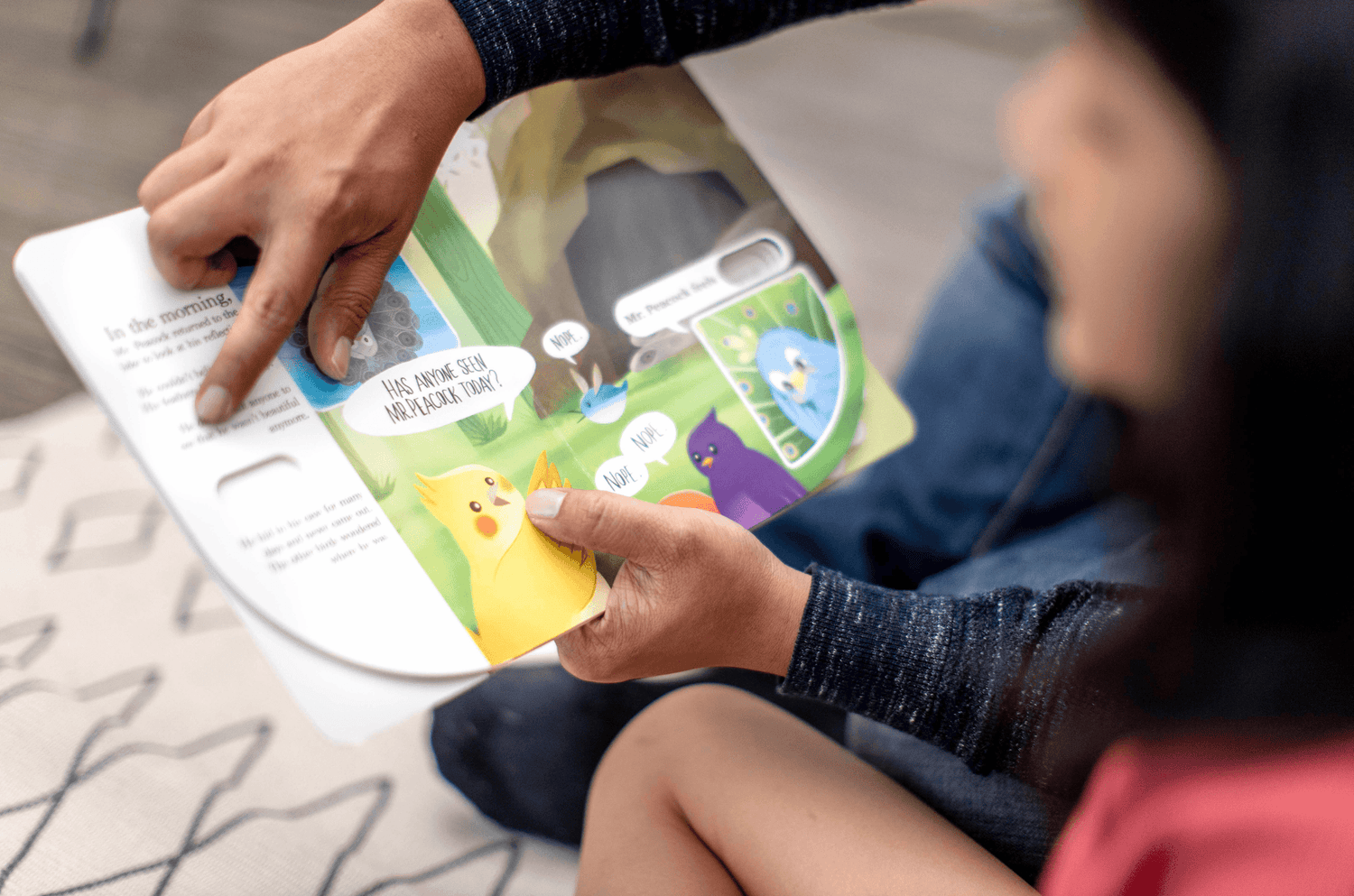As parents, we know that even though websites tell us that it’s normal that some children are ‘late-talkers’, we still worry if our child isn’t talking at this age. As a rule of thumb, children say their first words anywhere from 12 to 24 months. Keep in mind that these are single words, not phrases or sentences. Putting two or more words together is a very complex task that your child will likely achieve after turning 2. That is why when parents say that their 12 month old has started talking, they either:
- 1. Misinterpret the noises that their child is making
- 2. Have a very advanced child
The truth is, many children only manage to make babbling sounds at 12 months. Some sounds might sound like words such as ‘mama’ or ‘dada’, but these sounds don’t necessarily mean ‘mom’ or ‘dad’. To be realistic, most children only say their first real words at around 16 to 18 months, and these words are often not complete or accurate. For example, some realistic examples of what you might hear during these months are:
- • Incomplete words like ‘wan wan’ (which refers to ‘want’) or ‘noo noo’ (which refers to noodles)
- • Their own name or nickname. If your child is called Nate, they might be able to pronounce that. If it’s something harder like Jacqueline, they might be able to say their nickname (i.e. ‘Jackie’)
- • Imitating other people. They might overhear some words in the beginning or end of a sentence and attempt to imitate those words.
That's not to say you can't start speech training early. There are many fun ways to encourage your child to use language - here are our top methods for 12-14 month olds.
While your child’s expressive language may still be developing, their receptive language should be a lot more advanced. They may be able to understand simple instructions like “put that down” or point to objects as they are names. If you notice a large deficit in their receptive language abilities, this may be a cause for concern as it might indicate a hearing impairment or other developmental issues.



